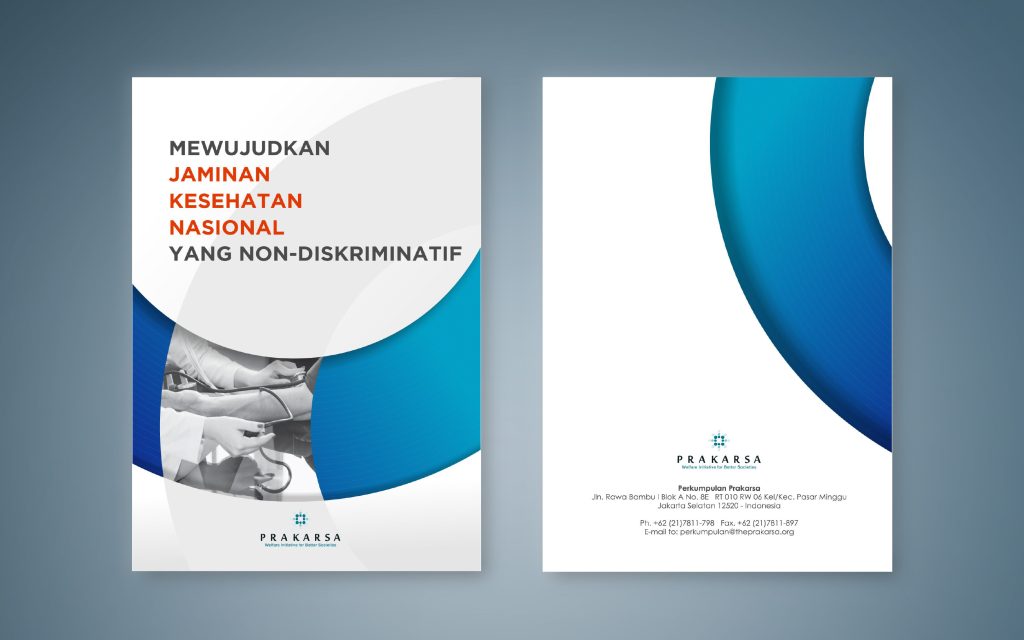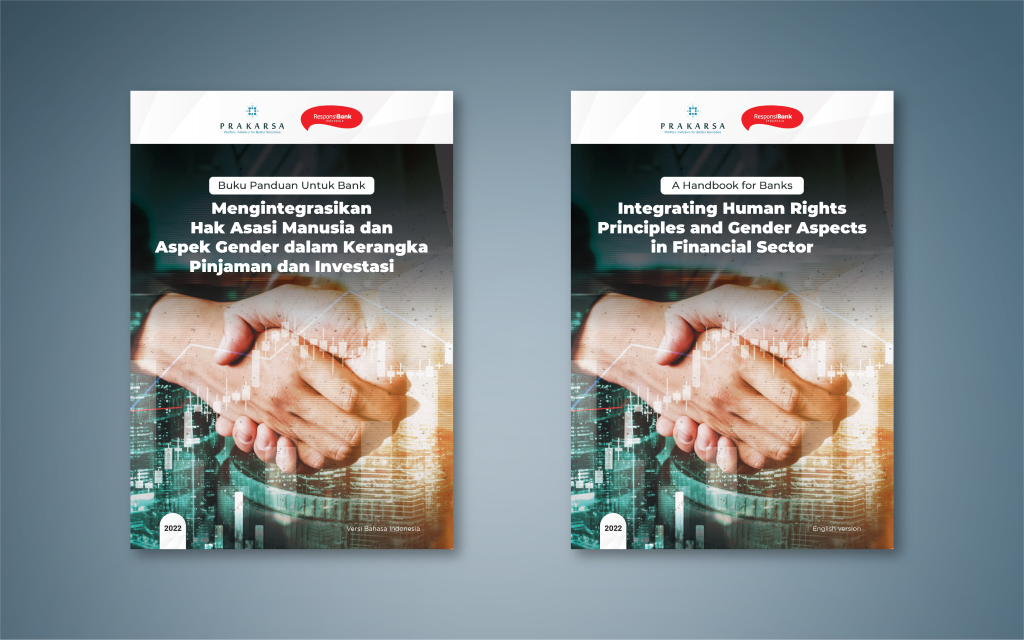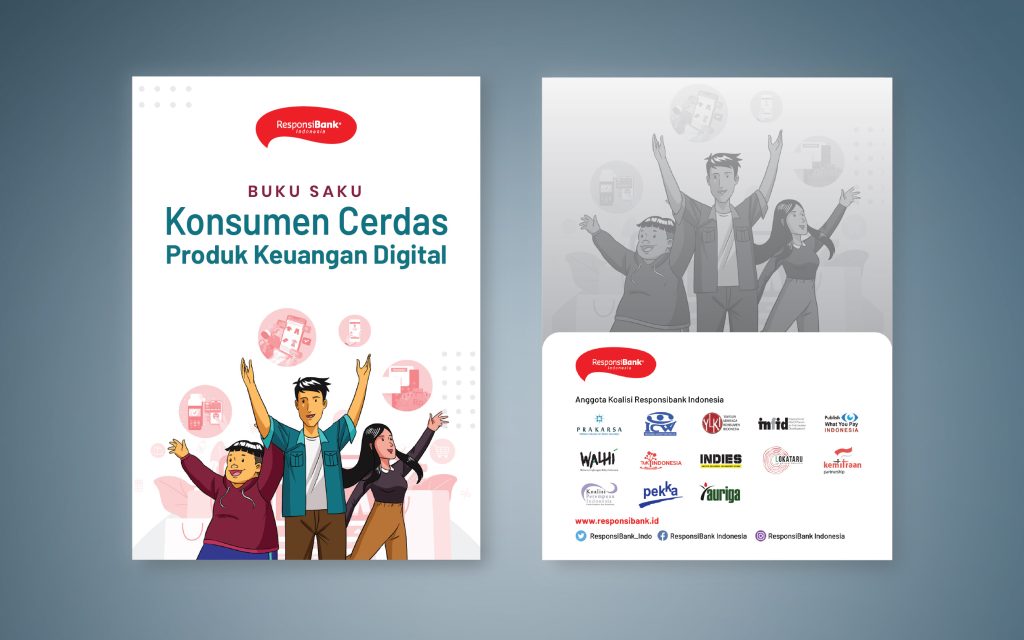
In the past year or two, cases of patients being rejected by health service providers have rarely been heard of. The sarcastic tone of jokes, “It hurts a little bit to fall into poverty” or “poor people are not allowed to get sick”, are no longer relevant in the discussion rooms or coffee shop chats. Currently, what comes to the fore is "sadiman, it hurts a little, asking for services". As a result, queues at the Puskesmas and Hospitals are snaking. Also, queues at BPJS Health offices.
The above conditions are strongly influenced by the implementation of the National Health Insurance/JKN BPJS Health. JKN-BPJS Kesehatan, which is a national social security program in the health sector, was launched on January 1, 2014 to change the condition of health and health services in Indonesia. The projections set are very promising, namely the realization of universal health coverage (UHC), universal health insurance, for all Indonesian residents. Of course it will change the future of national health development that is more qualified, affordable and equitable.
UHC is a proof of commitment to equality (equity) in access to universal health services, equal in quality and accessibility. The government of President Joko Widodo targets that in 2019 the implementation of UHC will be achieved. In this stage of progress towards UHC, Indonesia will be at risk of health exclusion, those who are less fortunate will be left behind in getting easy and quality health access. Citing Tobin (1970) and Sen (2002), inequality, especially in health, is very worrying and more severe than inequality in other fields.
A person's health condition greatly determines a person's capability to be able to function fully and develop himself as a human being. If a person's health condition worsens, his productivity will also deteriorate. Unfortunately, despite its very vital position, the health sector is still “underrun”. Just compare it with policies on education, economy, defense and security, infrastructure and others. Let's look at the allocation of the health budget in the APBN and in the APBD, when compared to the education budget, it's very poor. Fortunately, the stages towards UHC have started since 2014 and fortunately since 2016 the State Budget has begun to allocate a health budget of 5 percent of the total APBN. Another good news is that many local governments have increased their health budget allocations by 10 percent of the total APBD. Although both in the APBN and in the APBD, the budget allocation still includes expenditures for personnel in the health sector, not yet fully for promotive, preventive, curative and rehabilitative purposes.
In general, since JKN was implemented, the national health service coverage has become wider and of higher quality. The coverage of health services in the JKN scheme is quite broad, serious illnesses that were previously not covered by the public health insurance scheme and regional health insurance have now been covered by BPJS Kesehatan, a progress that should be appreciated. Diseases whose treatment and cure require high costs such as heart attacks, strokes, cancer, dialysis, and others are fully covered. Also, chronic diseases that require lifelong treatment, such as diabetes mellitus, hypertension, heart disease, asthma, chronic lung disease, epilepsy, schizophrenia, hepatitis cirrhosis, stroke, lupus and so on.
Even though health coverage and services are quite good, service improvement still needs to be done considering that there are still many problems in implementing JKN. Cases such as BPJS Health patients who do not get treatment rooms, patients piling up in harmony, long queues to get services to moral hazard from health service providers to the moral hazard of BPJS Health participants who do not comply with paying dues by taking advantage of existing regulatory loopholes and others. still happening.
Another problem that still arises is the lack of accessibility, especially for the poor and underprivileged, caused by internal and external conditions. For example, awareness of the importance of accessing health services, distance of residence from the location of first-level health services and referrals, limited financial ability to undergo the treatment process (non-medical costs), service discrimination, complicated administration and others are still daily obstacles.
With the fact that the poor and underprivileged groups are very vulnerable to face health emergency situations. The existence of a Contribution Assistance Recipient (PBI) scheme provided by the government to the poor and underprivileged does not automatically eliminate the above problems and the problem of equity in health services. Equity in health services is a way for fair and equitable distribution. This is important because in practice, there are still differences in the treatment of different health services for JKN PBI and non-PBI participants, this indicates an injustice. In fact, JKN is expected to cover all Indonesian people wherever they are, regardless of their status.



